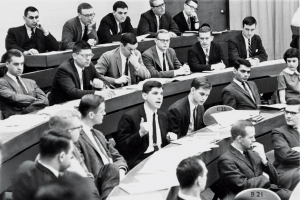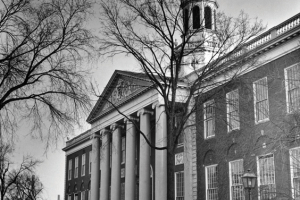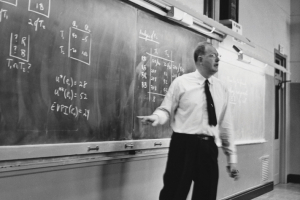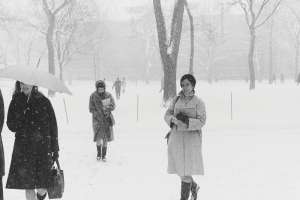If you knew then what you know now, would your regard for financial wealth as a yardstick of success be the same?
One of the inescapable news items of late 2011 was the Occupy Wall Street movement, a protest about economic inequality that spread to more than 95 cities across 82 countries. While criticized for its lack of a clear agenda, Occupy Wall Street at least knew how to galvanize media attention, and did so using the slogan, "We are the 99 percent."
So who were the other 1 percent? They are people not unlike the Harvard Business School Class of 1963. The Tax Policy Center says that the top 1 percent had a minimum income of $516,633 in 2010. When the 1963 Harvard grads reported their annual income in 2013, 27 percent hit this threshold. Looking at net worth, the top 1 percent check in with an average of $14 million. More than one-third of the 1963 Harvard grads similarly claimed a net worth of more than $10 million.
But, if you’d expect the Class of 1963 to wholeheartedly affirm the importance of wealth, you’d be mistaken. As a whole, the class has some doubts the value of using money as a measure of a life well lived. One grad put it all in perspective, saying, "Money ... cannot buy happiness or respect. I know many people who are living happy, satisfied lives on very little money. On the other hand, I have been poor and I have been rich, and it is a lot easier to be rich."




